
Think Again: Are Education Programs for High Achievers Inherently Inequitable?
This brief challenges the notion that marginalized students of high ability are harmed by advanced education, with implications for better screening measures and expansion of programs.
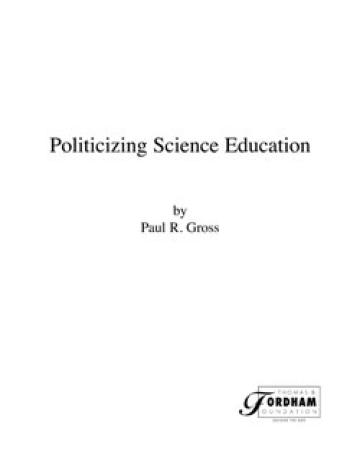
Politicizing Science Education
Science as a search for truth has come under attack from both the left and the right. This report explores four case studies of threats to the integrity of science education.
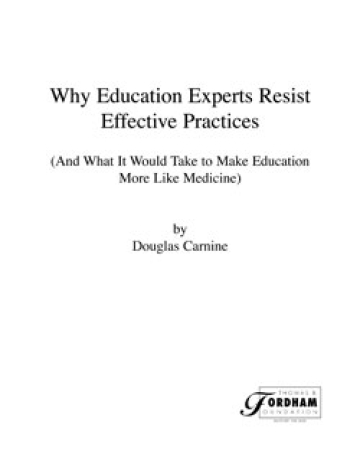
Why Education Experts Resist Effective Practices (And What It Would Take to Make Education More Like Medicine)
Education experts tend to ignore research-based practices like Direct Instruction and instead embrace constructivist methods that are not backed by good research. This report by Douglas Carnine explains why.
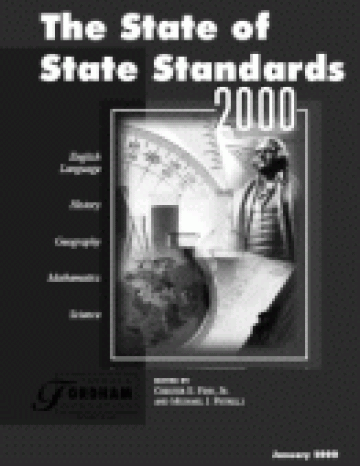
The State of State Standards 2000
According to this comprehensive report, only five states combine solid academic standards with strong school accountability.
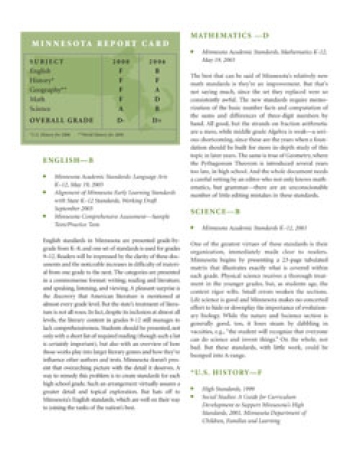
Strange Brew: Minnesota's Motley Mix of School Reforms
Minnesota was the first state to embrace many important education reforms, from statewide open enrollment to charter schools to tax credits for parents paying certain education expenses. This report, written by Dr. Mitchell Pearlstein, President of the Minneapolis-based Center of the American Experiment, tells the stories behind Minnesota's unique policy experiences. What lay behind Minnesota's worthy innovations? Who was responsible for the bad ideas? Mitch's short answer: governors were behind most of the proposals that expanded education choice, while the flawed policies emerged from the state's education bureaucracy.
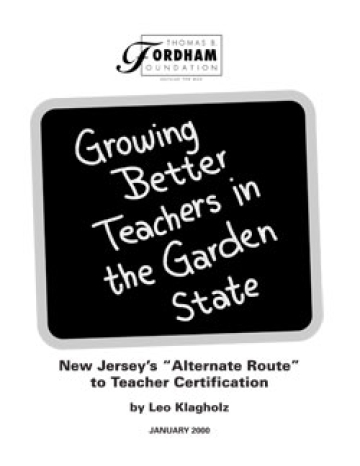
Growing Better Teachers in the Garden State
This report explains how New Jersey has implemented high standards for teachers without causing a teacher shortage by creating an alternative certification program.
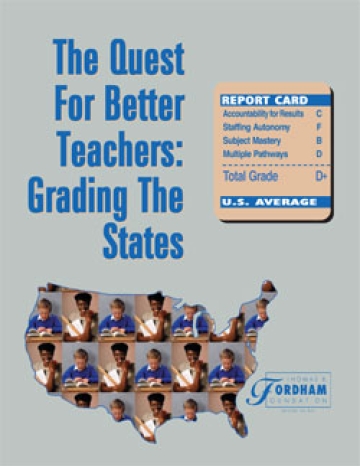
The Quest For Better Teachers: Grading The States
Most states are beginning to get serious about boosting the quality of their teaching force. Unfortunately, most of the steps they are taking point in the wrong direction. This 'report card' contains plenty of evidence of that fact-together with some happy exceptions and hopeful signs.
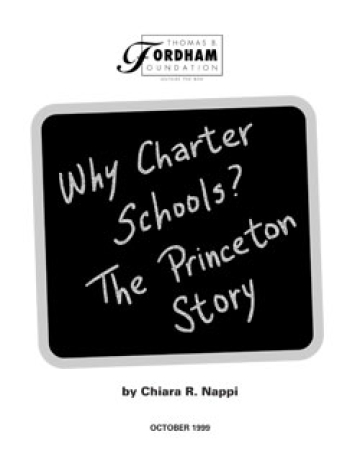
Why Charter Schools? The Princeton Story
Nappi tells the engaging story of how Princeton parents tried to change 'the system' from within but had to resort to starting a charter school in order to raise academic standards.
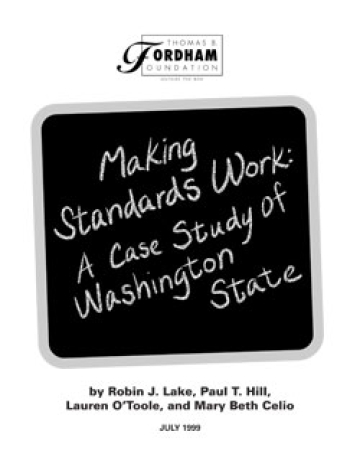
Making Standards Work: A Case Study of Washington State
This report takes a close look at the implementation of standards-based reform in one state, Washington, and asks why it was successful in some places but not others.
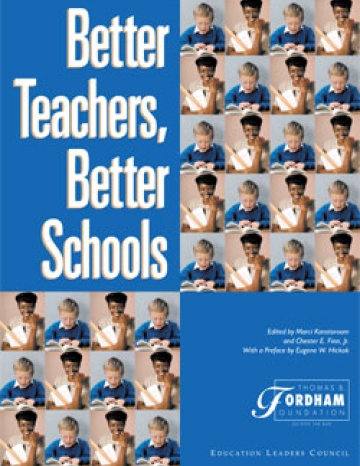
Better Teachers, Better Schools
According to this 250-page volume, proposed federal and state policies aimed at boosting teacher-quality may well worsen the problem. Instead of adding even more politics-governance to the teacher training system, policymakers should open up the profession to well-educated individuals and should hold principals accountable for student learning.
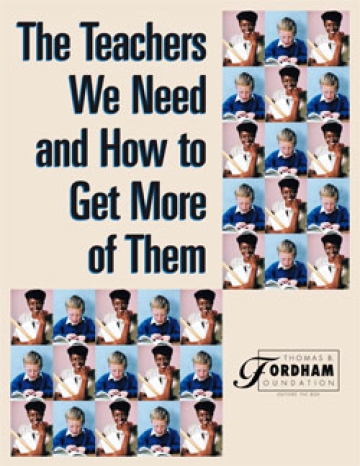
The Teachers We Need and How to Get More of Them
A policy statement endorsed by governors, chief state school officers, state board members, prominent education thinkers and analysts, and veteran practitioners, which sets forth principles and policies to guide states as they prepare to hire a teaching force for the 21st century.

Better By Design? A Consumer's Guide to Schoolwide Reform
This book is a guide to ten of today's best-known school designs. It is meant for parents, teachers, school board members, philanthropists, civic leaders and other 'consumers' who must evaluate which, if any, of these models they want to pursue.

Education Reform in the Dayton Area: Public Attitudes and Opinions
A survey of attitudes towards education reform in Dayton (where Mr. Fordham lived). View the survey results which show, among other things, overwhelming support for parental choice, charter schools, and higher standards.